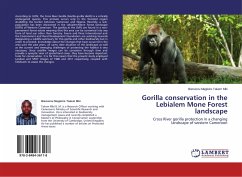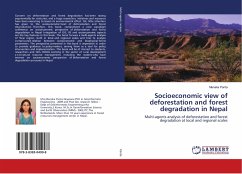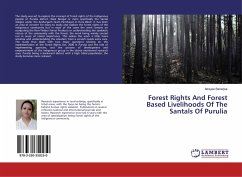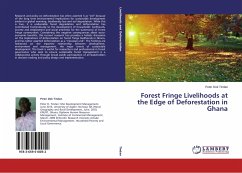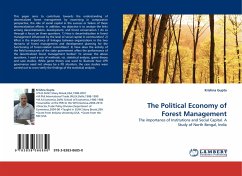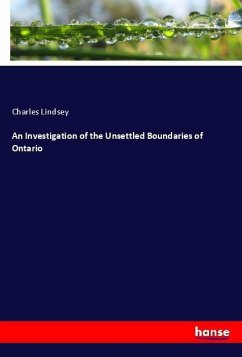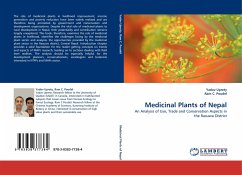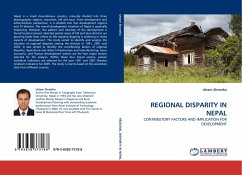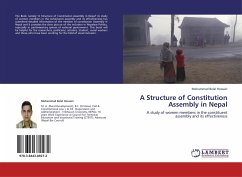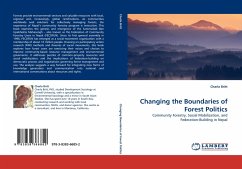
Changing the Boundaries of Forest Politics
Community Forestry, Social Mobilization, and Federation-Building in Nepal
Versandkostenfrei!
Versandfertig in 6-10 Tagen
52,99 €
inkl. MwSt.

PAYBACK Punkte
26 °P sammeln!
Forests provide environmental services and valuable resources with local, regional and, increasingly, global ramifications. As communities worldwide seek solutions for collectively managing forests, the experience of Nepal's community forestry program is instructive. This book examines the genesis and emergence of the Sammudaik Ban Upabhokta Mahasangh also known as the Federation of Community Forestry Users in Nepal (FECOFUN). Since its first general assembly in 1996, FECOFUN has emerged as a social-movement organization with a membership of about 10 million people. Drawing on participatory ac...
Forests provide environmental services and valuable resources with local, regional and, increasingly, global ramifications. As communities worldwide seek solutions for collectively managing forests, the experience of Nepal's community forestry program is instructive. This book examines the genesis and emergence of the Sammudaik Ban Upabhokta Mahasangh also known as the Federation of Community Forestry Users in Nepal (FECOFUN). Since its first general assembly in 1996, FECOFUN has emerged as a social-movement organization with a membership of about 10 million people. Drawing on participatory action research (PAR) methods and theories of social movements, this book explores how forest users are exercising their voices and choices to improve community-based resource management and environmental governance. It addresses puzzles of common-property resources and social mobilization, and the implications of federation-building on democratic process and negotiations governing forest management and use. The analysis suggests a way forward for integrating new forms of knowledge generation and communication into national and international conversations about resources and rights.



